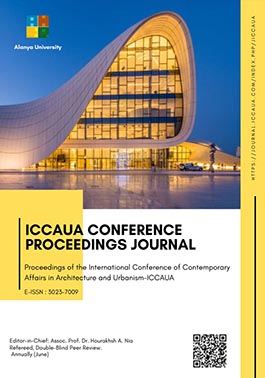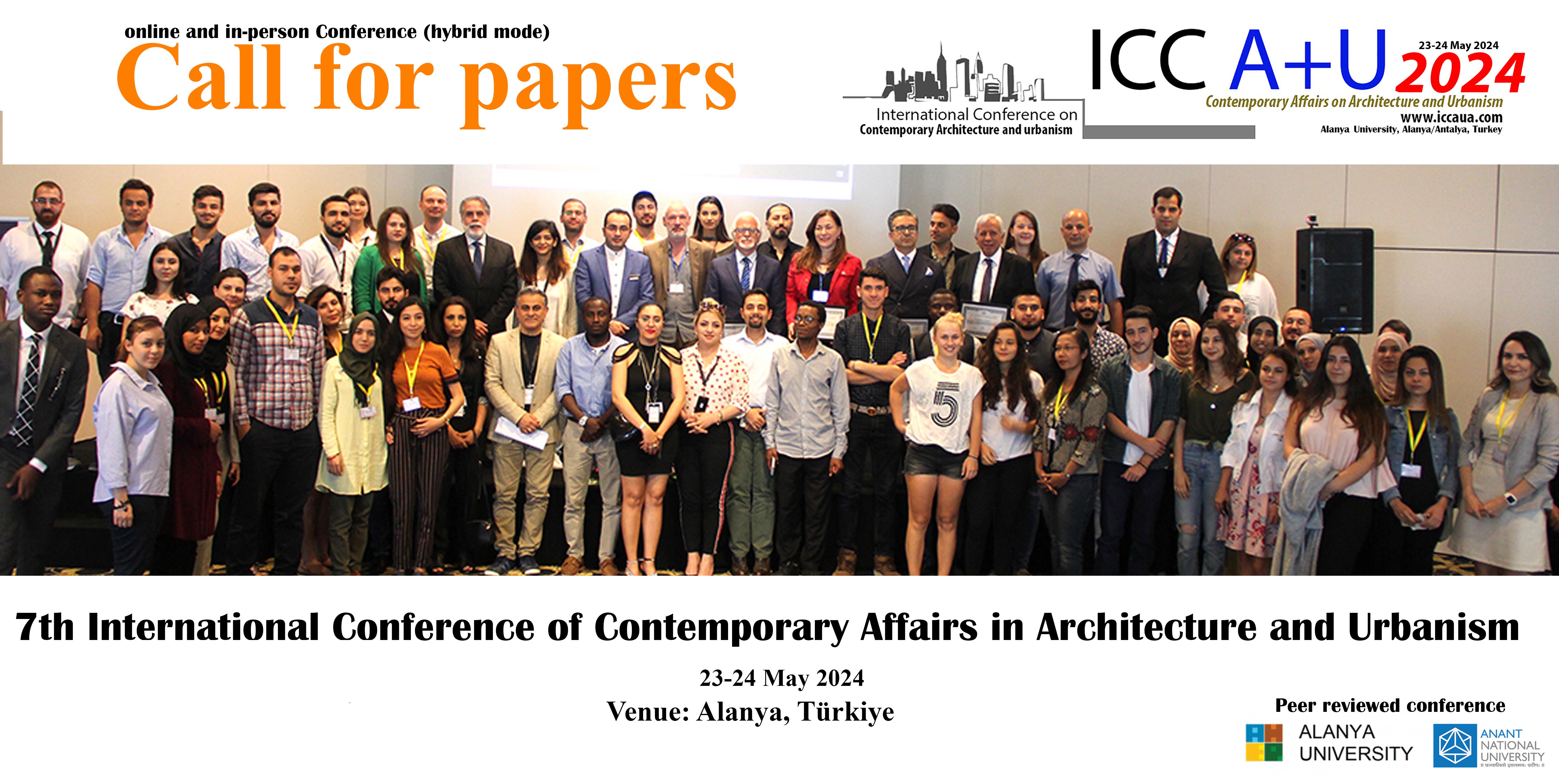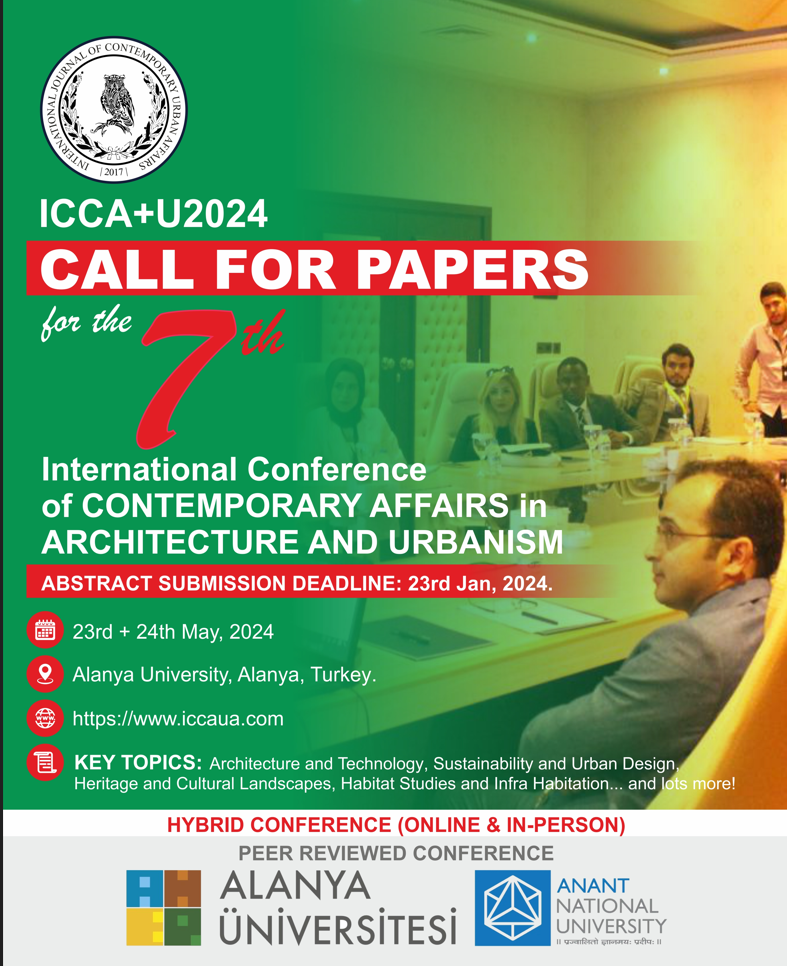The Influence of Ecological Identity on the Cultural Significance of Traditional Urban Public Spaces in Cultural Landscapes
DOI:
https://doi.org/10.38027/ICCAUA2024IN0321Keywords:
conservation, cultural Landscape, cultural significance, traditional urban public spaces, ecological identityAbstract
Traditional urban public spaces are highly significant because they retain identities, histories, and memories of the
community in any cultural landscape. These spaces have existed since the prehistoric era and are an important part of a
landscape's unique identity. These spaces are also a part of larger ecological settings, where ecological features have an
impact on the design, purpose, and cultural significance. Therefore, This paper identifies specific indicators of ecological
identity through the application of case study analysis and multidisciplinary research methods and explores the influence of
ecological features in and around traditional public spaces on their cultural significance within a cultural landscape. The
findings reveal that the natural environment and traditional public spaces are intricately entwined with human culture in
the chosen study area and emphasise how important it is to comprehend the interactions between ecological and cultural
factors to conserve such spaces while promoting sustainable urban development.
Downloads
Downloads
Published
How to Cite
Issue
Section
License
Copyright (c) 2024 Assoc. Prof. Dr. Ashfina Thurkey, Assoc. Prof. Dr. Rokhsaneh Rahbarianyazd

This work is licensed under a Creative Commons Attribution 4.0 International License.









